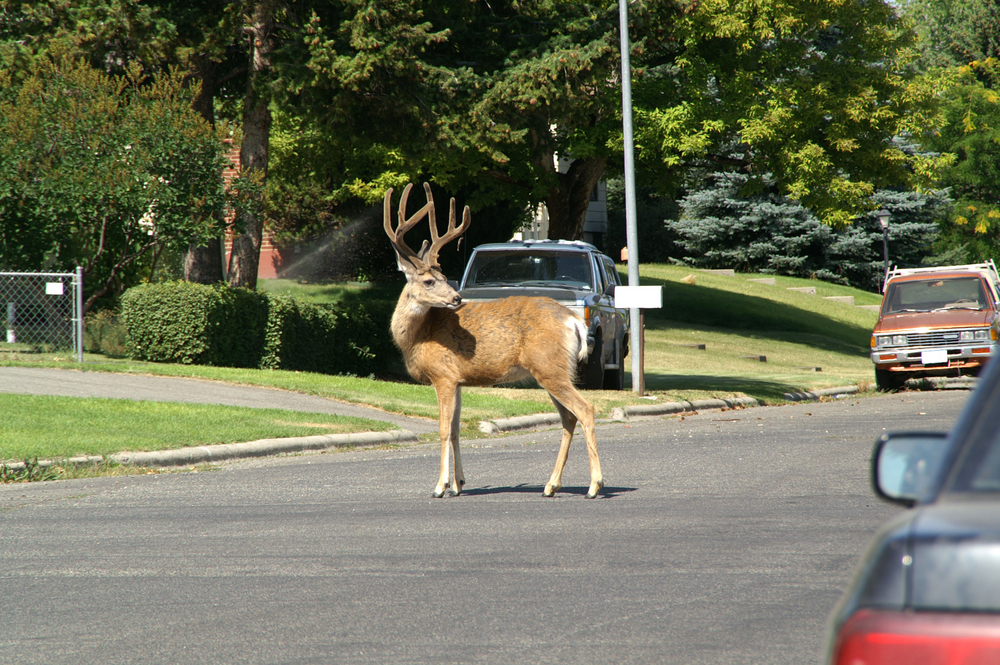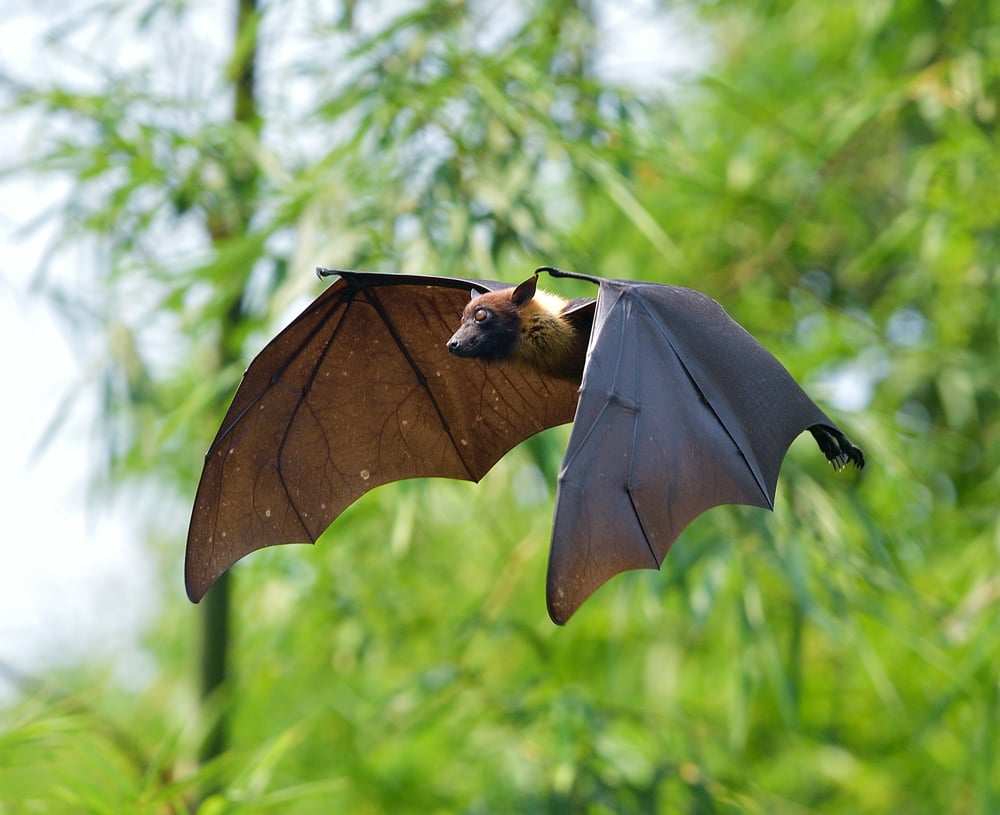We recently featured an article about the Coronavirus pandemic and the impact it was having on nature. The incredibly positive result has been that the levels of pollution in the air and water have been dropping at an incredible pace. The other result has been that the boundary between man and nature has almost disappeared. Prior to the coronavirus there were places where people occupied and places where nature occupied. While there were some places where both nature and people coexisted, in general there are clear dividing lines. Those dividing lines have collapsed during the coronavirus and while we shared some images of dolphins entering old waters we have been inundated with far more videos and images by our readers.
One video shows sheep taking over a deserted playground in Wales and playing on the rides while another video shows sheep in large numbers running through the streets of Turkey. Another video shows large wild pigs going through a small neighborhood in Paris. Wales also had to host a heard of over 100 wild goats as they ransacked a small village, with nobody on the streets the goats decided to have some fun.
I have never seen a civet cat in a zoo or in the wild and a recent video has gone viral of the civet walking on a zebra crossing in India. The civet cat is a nocturnal animal with a long tail that is spotted and almost as large as a leopard but not as dangerous. It appears that everywhere in the world is being impacted by the advances of nature. In california a bear was found roaming the suburbs and wandering along people’s driveways.
One of the most incredible videos that was shared with us is of screaming monkeys in Thailand taking over what would have once been a busy intersection. However where there was once thousands of tourists and street vendors is now empty. This may seem like a scene from planet of the apes but as of yet the monkeys have made no formal demands. In fact experts say they are not looking to take over, they are just looking for food.
The reality is that tourists used to visit temples and more isolated places in Thailand and it was how they came to find food. When the tourists disappeared the monkeys were left confused and hungry and slowly came towards the cities in search of food again. While they once would have thrived in the wild they have now come to depend on them.
The same is true in many of the cases that we have seen. Humans have impacted entire ecosystems and by simply leaving the ecosystem they are now causing even more havoc. This is great in some areas as the pollutants leaving rivers have allowed dolphins back in to some places that they have not been able to go for thirty years. Yet it is bad in other ways as it is upsetting the new natural order of things and resulting in animals being brought close to starvation.
These incredible videos that have been taken during the coronavirus show the delicate balance that humanity has struck with nature and how easily it can be displaced. This has served as a fantastic reminder to the world that we are not alone on this planet and that while we are the dominant species we may not be as dominant as we think. It remains to be seen how the return to normality will impact nature, let’s hope that while things slowly return to normal it has a positive impact on animals and the wider environment.







